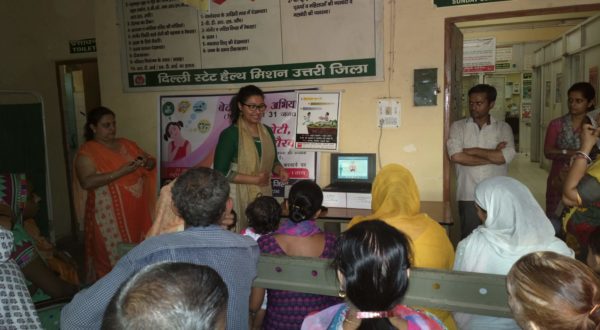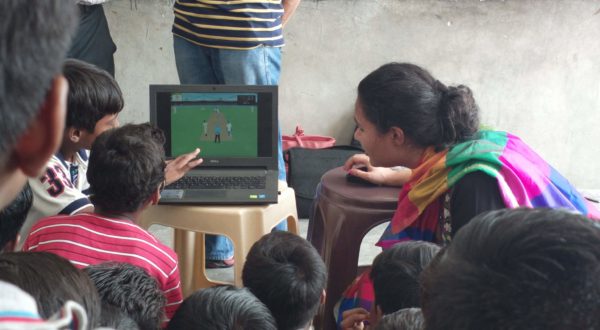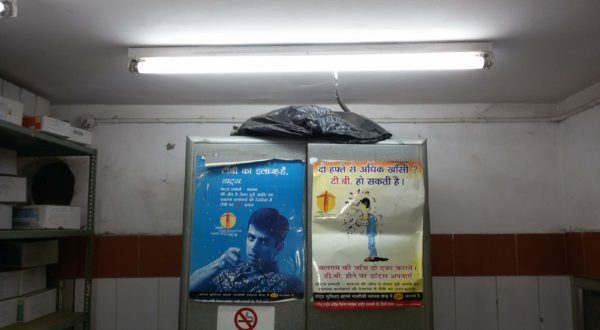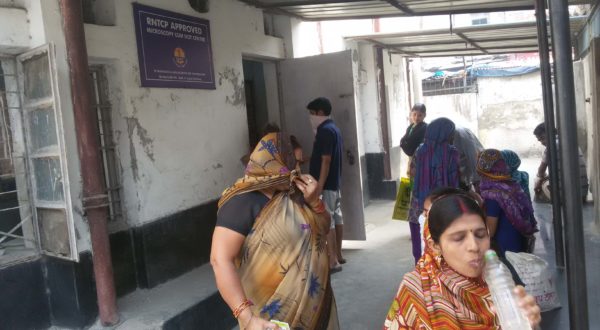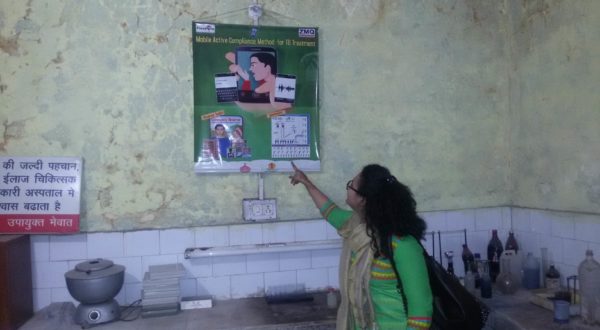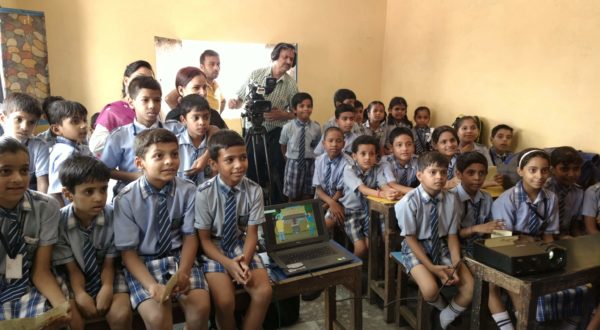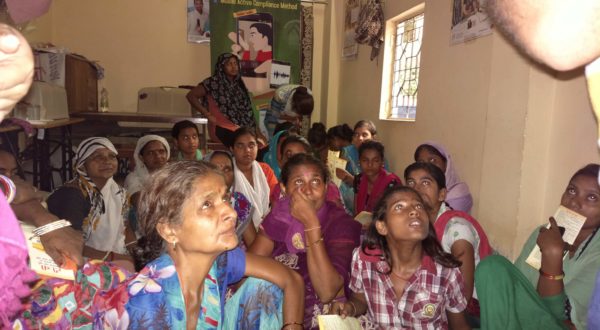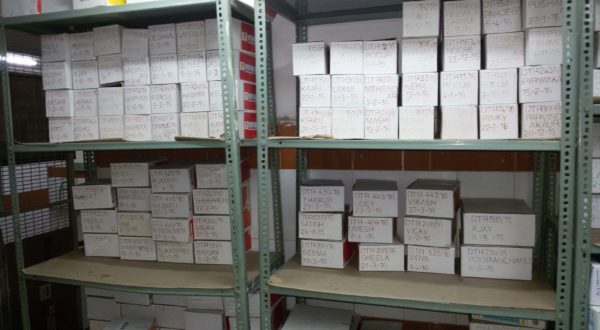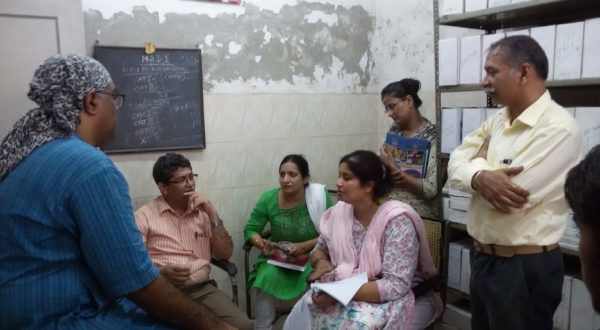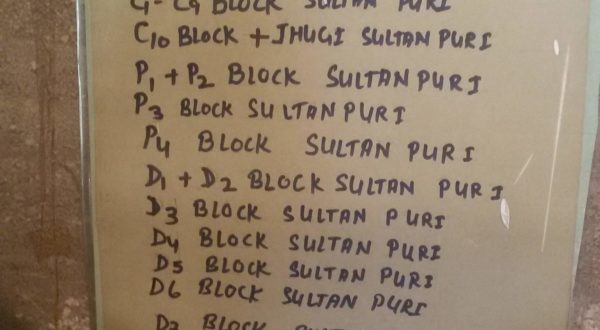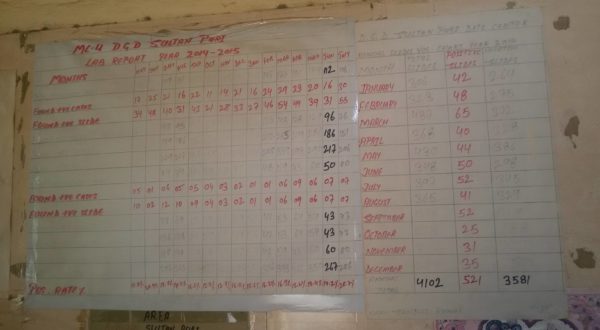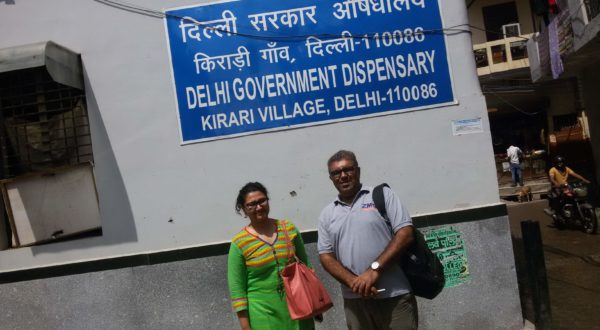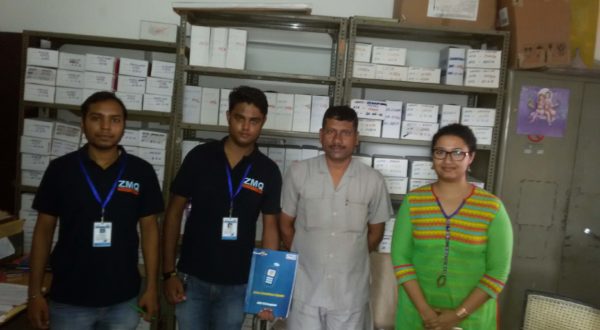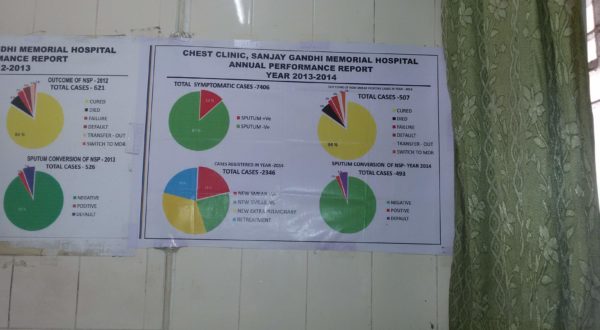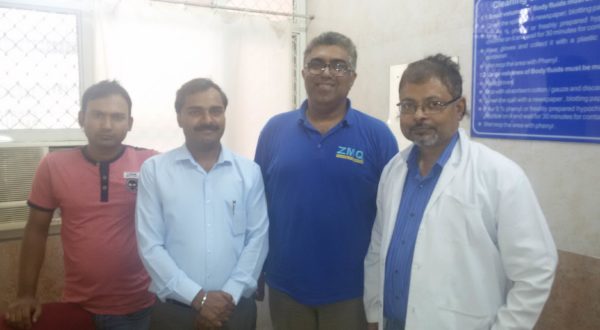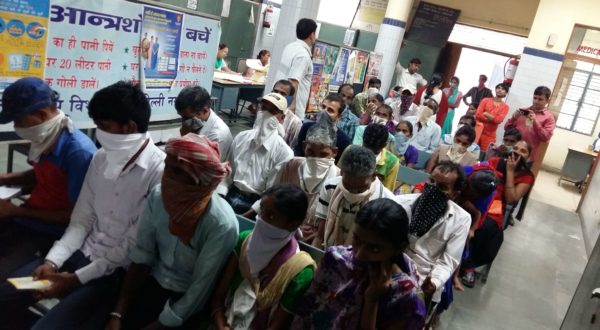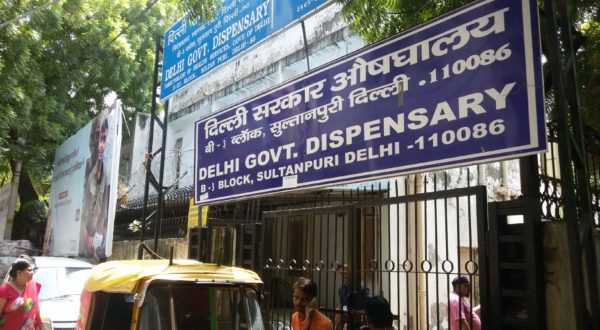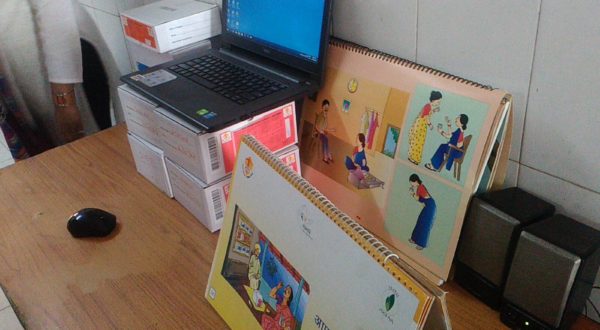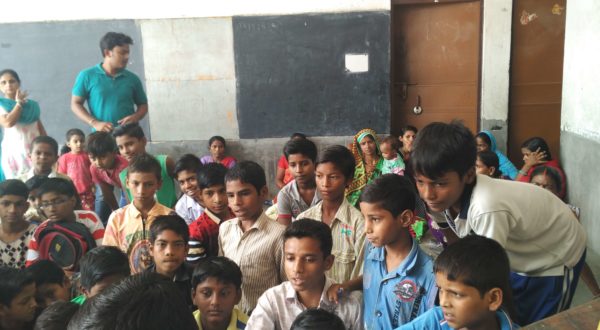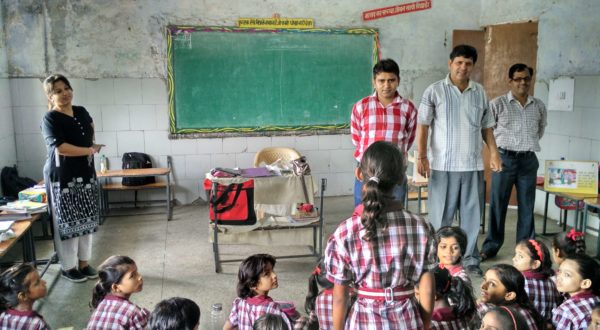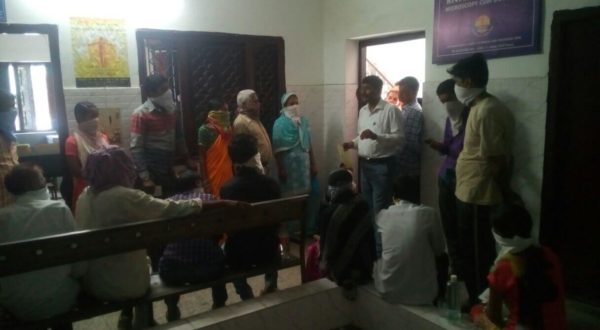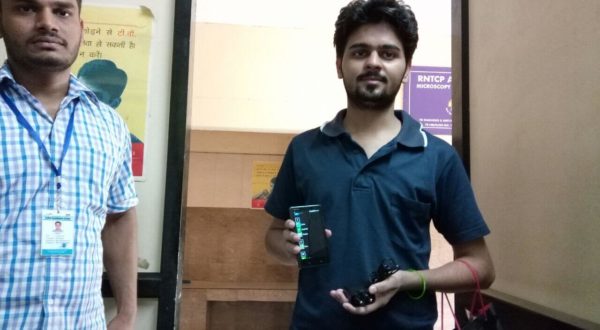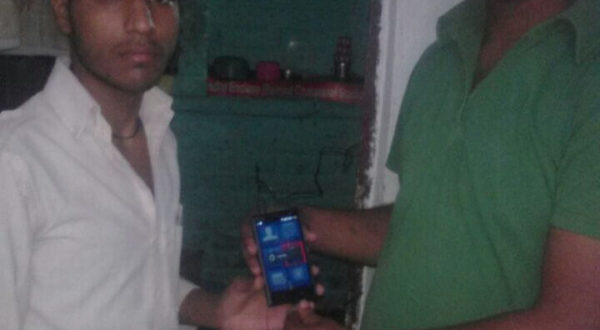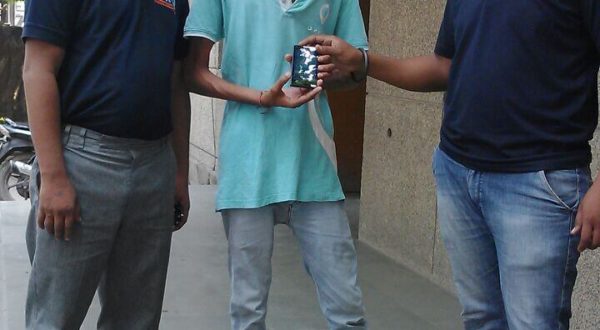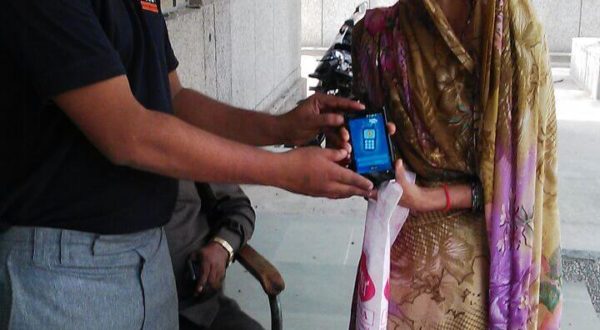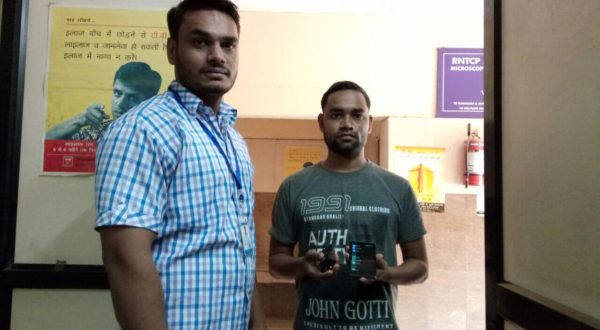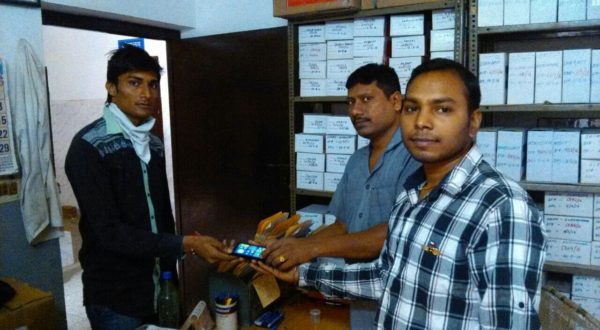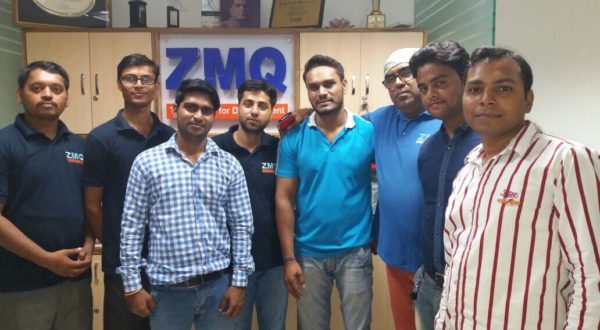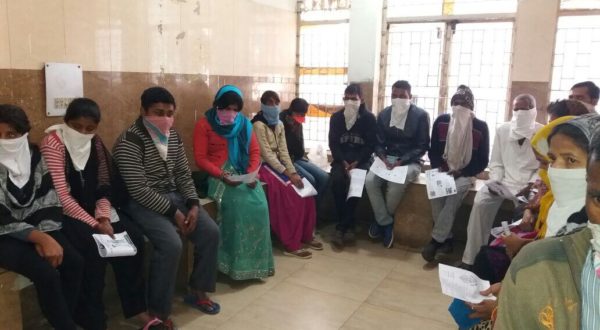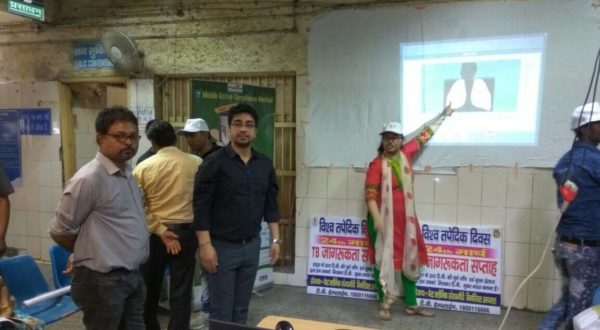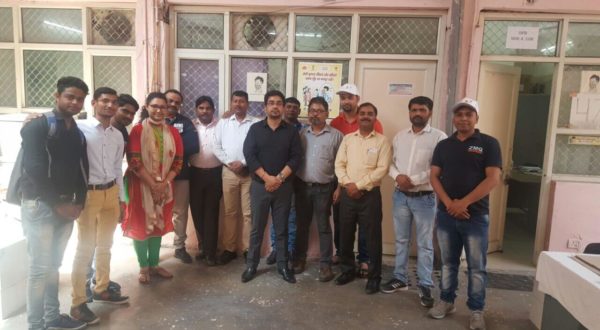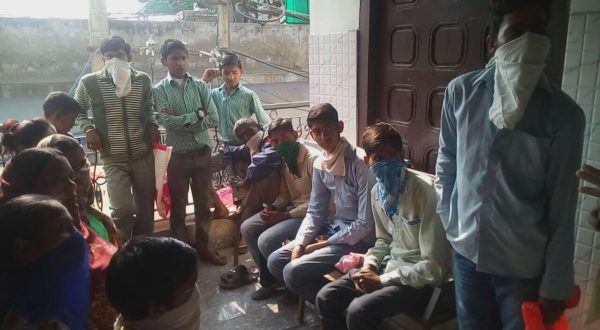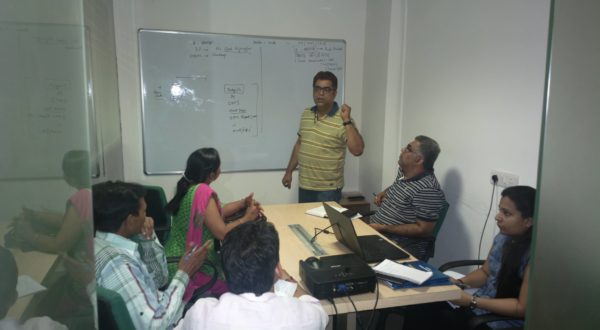Delhi, officially known National Capital Territory of Delhi (NCT) and a union territoryof India is divided in 11 financial districts. Being fifth most populous city in the world, Delhi has an estimated population of 18.6 million in 2016. According to a report published by The Times of India on 27 July 2017, “At least 10 people die every day in Delhi of tuberculosis, a curable disease, exposing a huge healthcare deficit in the national capital. Nearly 47% of the deaths are of people in the productive age group of 15 to 44 years.”
With these indicators, ZMQ approached State TB office in 2016 for the pilot in Northern Districts of Delhi. With the poor statistics and high prevalence rate of tuberculosis, we reached out to District TB Office, Chest Clinic Babu Jagjeevan Ram Hospital, Jahangir Puri. Jahangir Puri is a semi-urban slum with very high immigrant worker populations living in Below Poverty Line Settlements. In 2016, ZMQ ran a pilot with 100 patients collectively from B and H Block Jahangir Puri and later scaled up after 6 months in 5 dispensaries of Chest Clinic Babu Jagjeevan Ram Memorial Hospital known as B- Block, H-Block, Azadpur, Indranagar and Rajpura Gurmandi and 2 dispensaries- Sultanpuri and Kirari Village under Sanjay Gandhi Memorial Hospital with the support of District TB Offices, Jahangir Puri and Mangol Puri.
With the combine population of more than 7 lakhs, both the implementation areas are densely populated with poor sanitary conditions and high TB, HIV and other disease burden which makes it more important to reach out to vulnerable groups by increasing ground activity. For this, ZMQ conducted Community meetings, School Awareness Sessions, Group Meetings with DOTS Provider/ ASHA Worker, Aanganwadi Centre and Government Dispensaries, using an interactive learning module called “STOP TB Carnival” which was developed in partnership with MDR-TB, Eli Lilly and State TB Office, Delhi. Since interactive games blended with socially relevant messages helps in quicker & easier understanding and better retention of information, the different components were used with various intended group in each session. These components were- Learning Zone, Stop TB Cricket and Stop TB Quiz, specially designed to reinforce socially relevant awareness message related to treatment, precaution, prevention and care of tuberculosis. After the completion of module, a Focussed Group Discussions (FGDs) was conducted for reinforcement of key messages. The impact of these ACSM activities resulted in increase in sputum examination by 10 folds and decrease in stigma associated with TB.
ZMQ is currently reaching out to more than 3500 patients with its ACTS model and with the high penetration of mobile phones in the city, more than 80% patients have started taking treatment using their own devices instead of loaned one.

